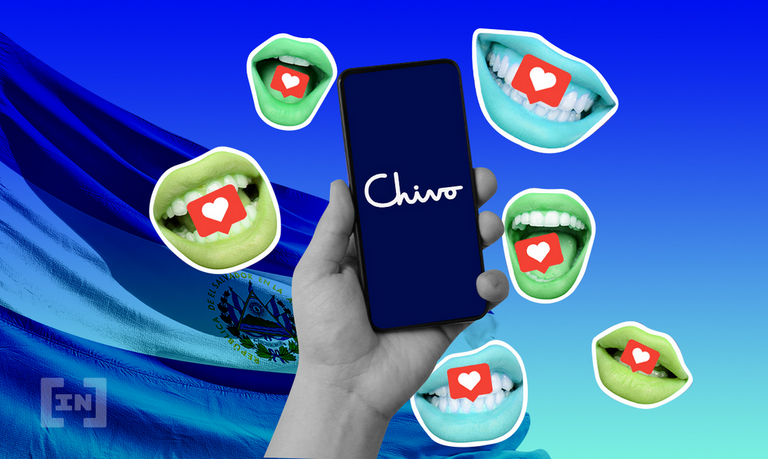Over Two Million Citizens Now Using Chivo Wallet in El Salvador
Chivo Wallet Soars In Popularity in El Salvador, despite glitches and population mistrust.
Impressive adoption numbers, driven by incentives
El Salvador president Nayib Bukele has claimed that 2.1 million citizens are using the new Chivo Wallet, after El Salvador recently adopted bitcoin as legal tender on September 7, 2021, being the first country to do so. The president initially touted it as a way to attract investment in the country. President Bukele’s administration is aiming for 2.5 million Salvadorans, which constitutes approximately 39% of the population. As an incentive, the government offers $30 in bitcoin when people download the Chivo wallet app.
Foreign bitcoin investors are exempt from paying capital gains tax on bitcoin profits, and will benefit from permanent residency. The Chivo wallet also enables free cross-border payments, and will save Salvadorans $400 million per year in remittance fees. Latin American Bitso crypto platform is providing backend technology and custody and exchange services to the Chivo wallet.
Acceptance of bitcoin
The government -backed wallet offers payments in both BTC and USD, and merchants must offer the ability to use both currencies, which has some merchants saying they would rather lose the sales than accept bitcoin payments. There are now over 200 bitcoin ATMs in El Salvador, the third-largest number of ATMs after the U.S. and Canada.
Civil opposition to bitcoin adoption
Bitcoin is far from being accepted universally, as one citizen reported not being able to pay for a government-related certificate using the cryptocurrency. Glitches abounded during the initial rollout, and in the first week, one machine only executed three successful transactions amongst a long line of users. Many citizens mistrust bitcoin because of its volatility, and the likelihood of losing money.
Recently, a court of El Salvador called the Court of Accounts began investigating how the government is making its bitcoin purchases, in response to a complaint made by Cristosal, the regional human rights and transparency organization.
Posted Using LeoFinance Beta
